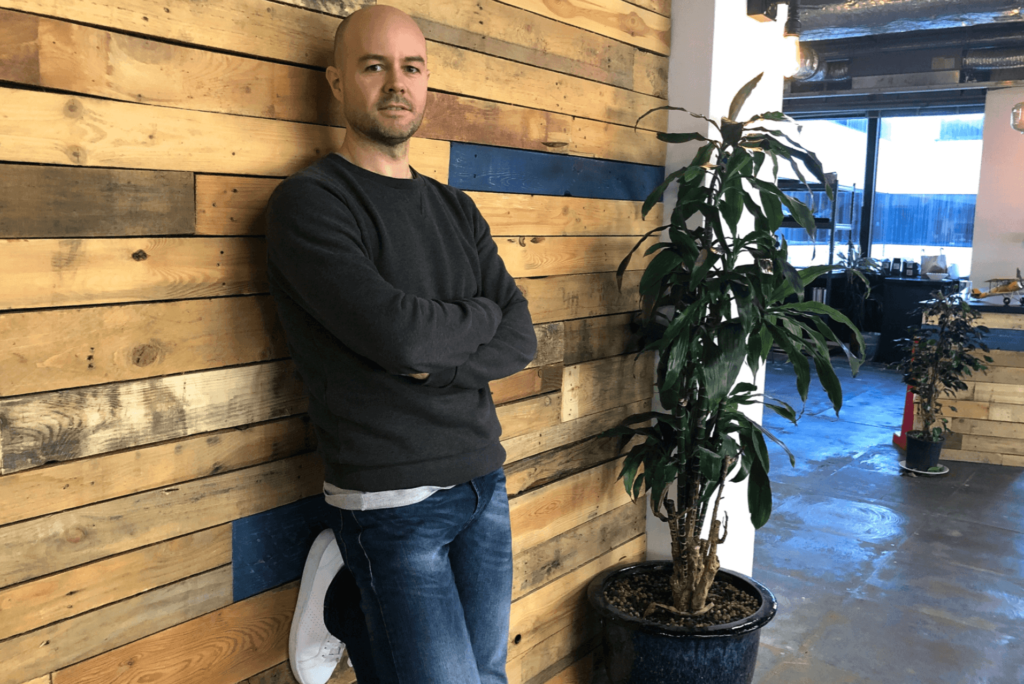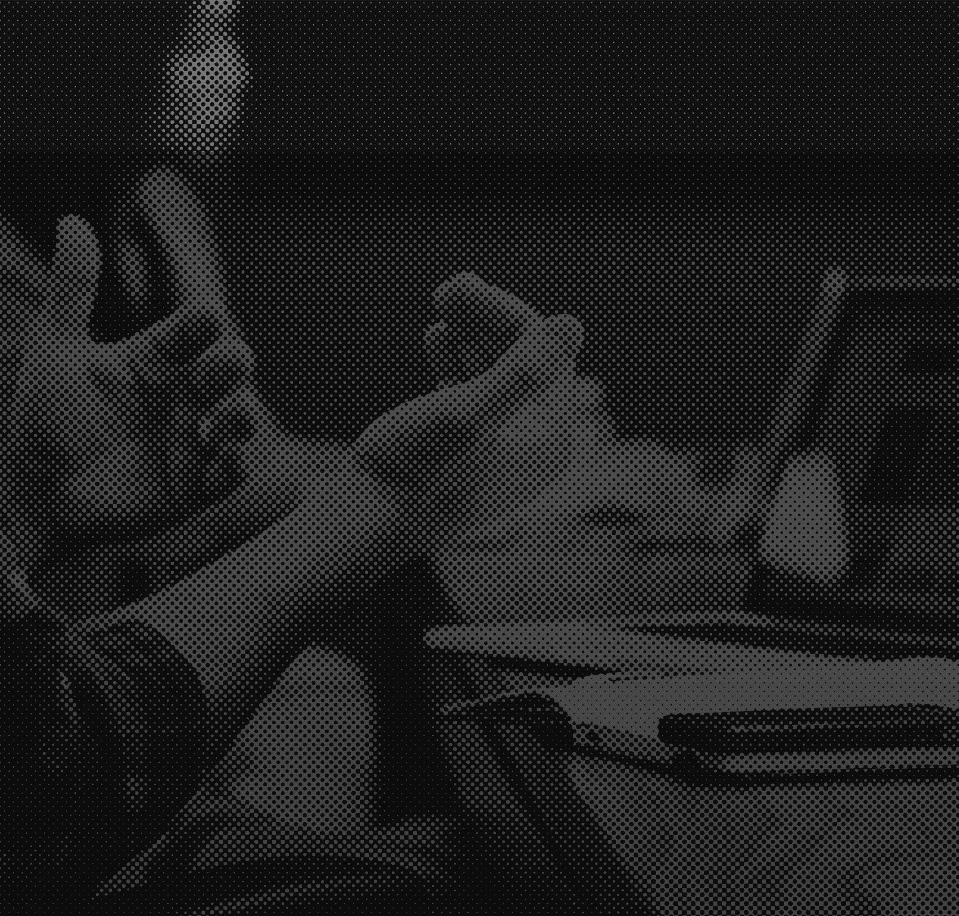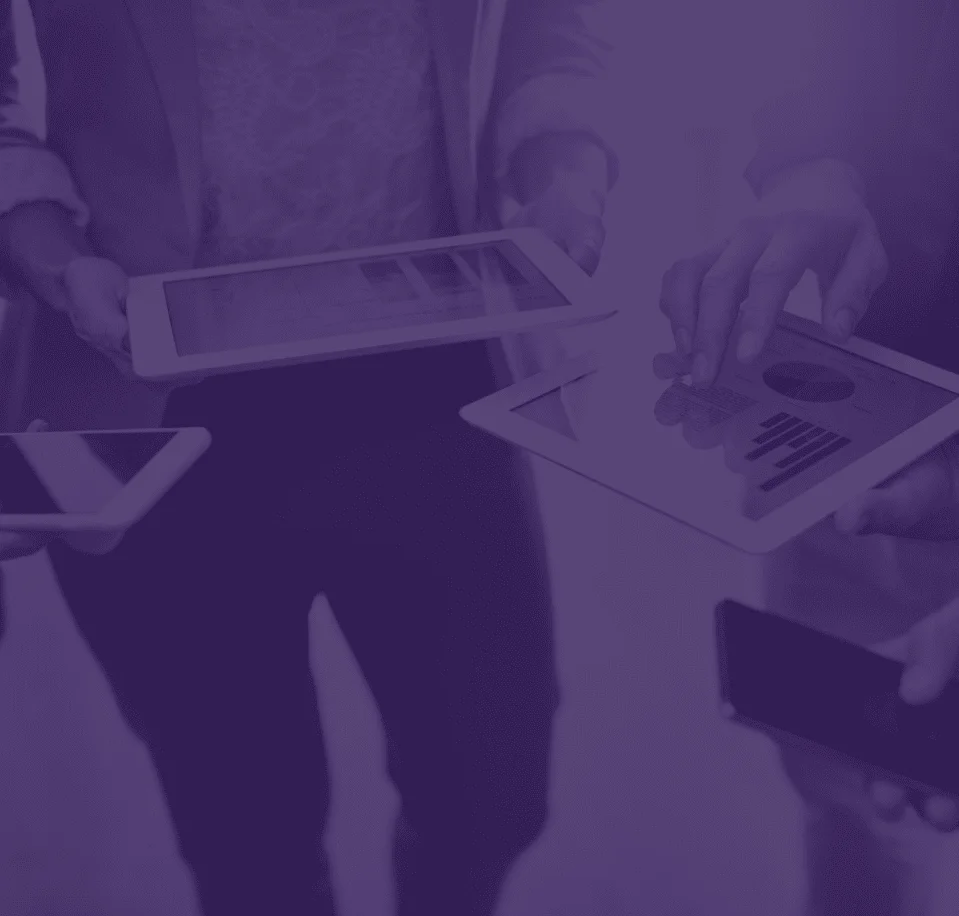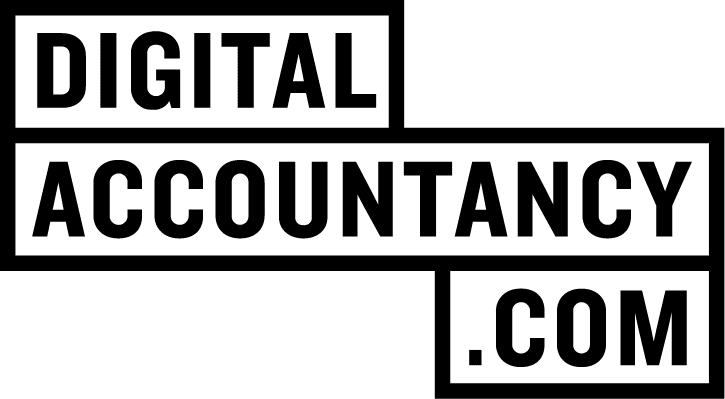Alastair set up flinder three years ago with his business partner Luke Streeter:
“Luke and I worked together at PwC for a few years. We worked well together, shared the same values and saw a different way that accounting firms could function. We saw a different service appetite from fast-growth businesses, and what they wanted from an advisor. They wanted something that wasn’t being offered and we saw a big gap there and so jumped ship from PwC just under three years ago to set up flinder.”
Clearly Alastair and Luke must be doing something right having won a few awards this year but it’s been no overnight success:
“We set up flinder with no clients three years ago and, whilst it appeared as an overnight success, it actually took almost ten years to build up to that success. Whilst it appeared quite quick, you’ve got to strip it back and look at the careers that Luke and I had and what brought us to this point – this magical moment of us working together. You could call us a small-medium-sized practice (SMP), and whilst we do work with SMEs and fast-growth businesses, some of the experience we have is very different to many of the SMEs we work with. I worked for six years in consulting focusing on finance function excellence, building shared service centres and optimising the way a global finance team balances the delivery of the competing demands of transactional processing, control and insight. We are taking the experience we have developed, shrinking it down and making those principles relevant for small businesses. At the end of the day, a finance function still needs to process transactions efficiently, be well controlled and have strong governance regardless of its size.”
We are seeing more and more Finance Directors and CFOs coming from industry and setting up in practice with a fresh pair of eyes. They’re using technology and cloud in their current employment, but now they can deliver that experience to a larger client base:
“We’re seeing more diverse backgrounds coming into develop practices, and we’re seeing a lot of people that might have been a Finance Director or people that have worked in industry setting up a practice based on this higher value-add that a Finance Director or a CFO can bring to the strategic insight. Technology has made that possible – go back ten years and many of the processes would be manual. Technology has now made it possible for small businesses to get that insight that was never previously delivered. I see those coming from an industry background as one of the larger threats to our business and the scale we want to get to, rather than a traditional practice trying to become Cloud-enabled or a fully digital practice, because they’re the ones that can add real value to businesses.”
It feels like you guys are starting to get some incredible traction in the UK market. Are you able to give us any idea around the kind of growth you’ve had, over the last couple of years?
“So, we started with just me and Luke and after about six months we hired our first team member, Chris. Chris isn’t an Accountant, he’s a Data Engineer, and that’s the importance we place on leveraging data. In this new world, it is the power of data and what we can, in turn, deliver back to the business through harnessing this data across the entire business, not just focusing on the financials.
We hired Maryna very quickly after that so after 15 months we were four people. Fast forward to today, where in the last 15 months, we’ve hired about 15 people – one a month, which, for a service business that is non-equity backed, is a pretty fast pace. By the end of 2020, we probably want to get to about 32 people, I would have thought. In terms of revenue, last year we saw 150% growth and this year has been about 250%, and next year we want to double our revenues.”
It is quite unusual to find a data engineer in an accountancy practice, so we asked Alastair what was the thinking behind bringing one into flinder:
“It’s very easy to use different off-the-shelf applications in a business: there will be a finance system, like Xero, QuickBooks or Sage; a CRM system; and an e-commerce system or EPOS system like Shopify. Small businesses are very easily, literally at the click of a button, using new, different, best of breed applications rather than an ERP system, because for the SMEs, that’s not relevant.
They are housing data about their operations: people from an HR system; the number of customers, sales and time of day from an EPOS system or an e-commerce system; and obviously a finance system. Some of them talk to each other badly, some of them talk to each other a bit better, some of them don’t talk to each other at all.
We want to stitch the data together, because then it becomes a more efficient, seamless, one point of entry and one version of the truth. However, the most powerful thing you can do with this data, is to understand what’s going on in the business. We’re all about the why, so you can make much better and more informed decisions from that why, or interventions, going forward.”
